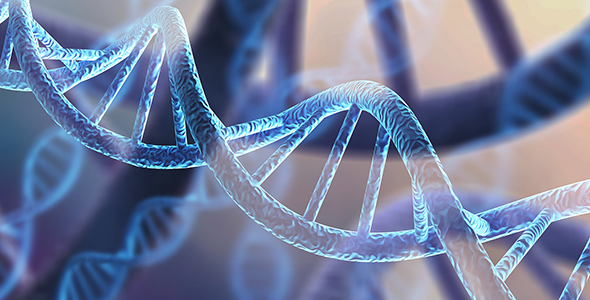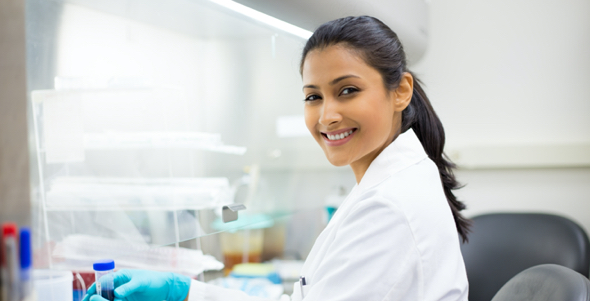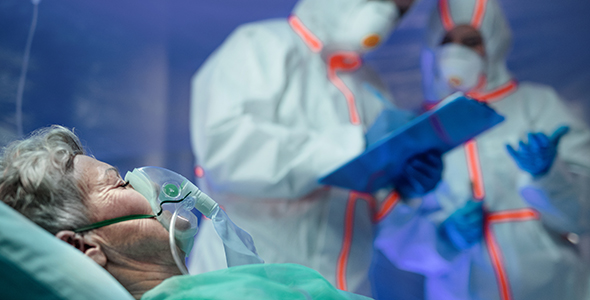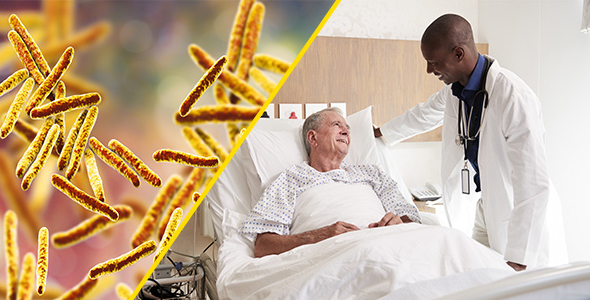Whole genome sequencing (WGS), the process of determining the complete nucleotide or DNA/RNA sequence of a genome at one time, has made headlines recently for its potential to transform infectious disease management, particularly related to SARS-CoV-2, the virus responsible for the COVID-19 pandemic.
How do the COVID-19 tests and molecular tests work?
Amid the spread of COVID-19, testing for SARS-COV-2, the virus that causes it, is at the forefront of the battle. Patients rely on test results to confirm if they’ve acquired the coronavirus, and public health entities around globe rely on the data to learn how and where the virus is spreading.
Managing the Risks of Antimicrobial Resistance Concurrently with COVID-19
Patients at the greatest risk for secondary infections, particularly infections that are resistant to first-line antibiotics, include people who are already vulnerable due to other conditions and diseases—like COVID-19. Because of that, antimicrobial resistance poses a significant additional threat, especially as healthcare systems become overburdened.
The Worldwide Burden of Multi-drug Resistant Tuberculosis
The World Health Organization (WHO) estimates that Tuberculosis (TB) caused 1.5 million deaths in 2018. It’s one of the top ten causes of death worldwide and the leading cause of death from a single infectious agent.
The Value of Diagnostics in Combatting Antimicrobial Resistance – A Public Health Problem
At this year’s World Anti-Microbial Resistance Congress, Dr. Tristan Timbrook delivered a...
Lindsay Denny Discusses the Critical Role of WASH in Preventing Infectious Diseases and Fighting Antimicrobial Resistance
WASH, which stands for water, sanitation, and hygiene, are basic...






